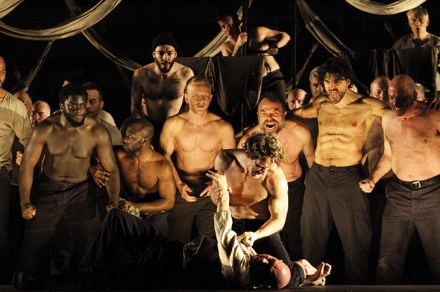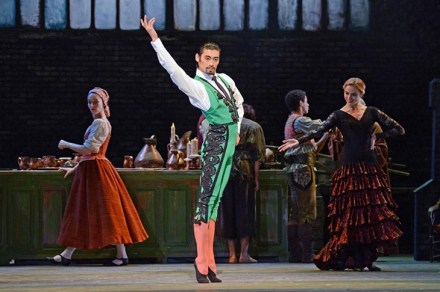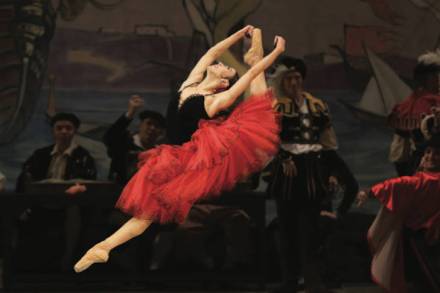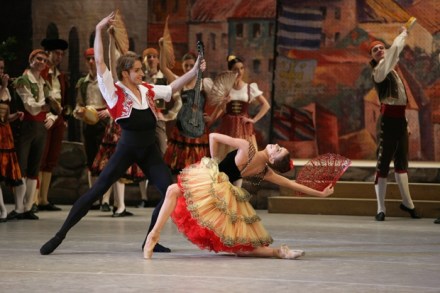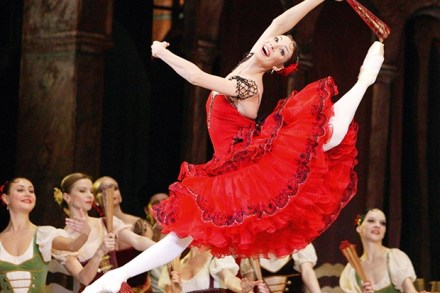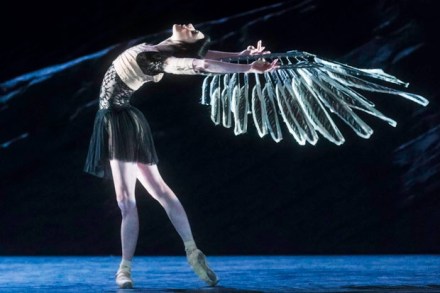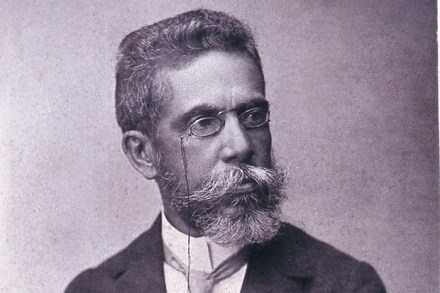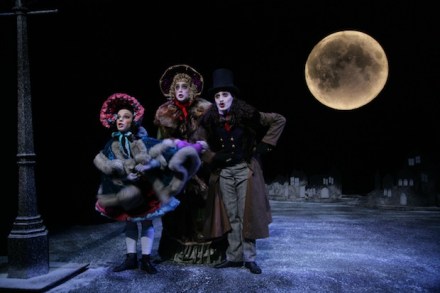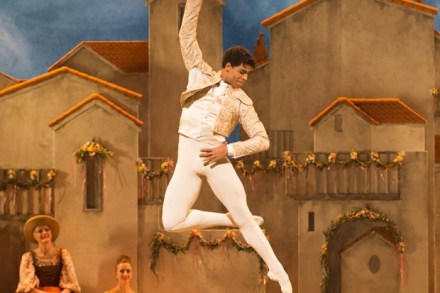Uninventive and far too polite: BRB’s Black Sabbath – The Ballet reviewed
Not being an aficionado of the heavy-metal genre, I snootily suspected that I would rather be standing in the rain flogging the Big Issue than suffer the racket that goes by the name of Black Sabbath. The noise, my dear, and the people! How could they? So I approached Birmingham Royal Ballet’s attempt to dance to its shenanigans armed with earplugs and gritted teeth. It wasn’t nearly as bad as I expected: in fact, it erred towards the polite and tasteful, and I wondered if a crowd largely consisting of hairy and leathery old rockers – some of them possibly anticipating satanic rituals or heads being bitten off chickens –



